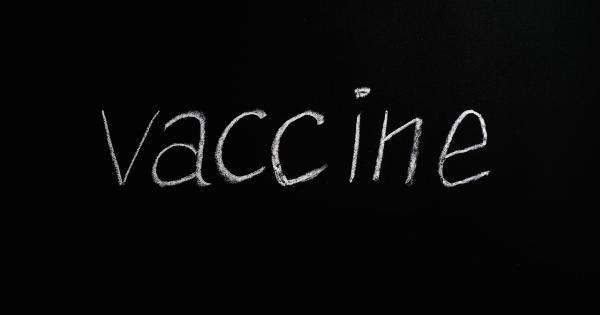Keto adaptation refers to the process of switching your body’s metabolism to burning fat as the primary source of fuel instead of carbohydrates.
This state of ketosis occurs when the body’s carbohydrate stores are depleted, forcing the liver to produce ketones from fat for energy.
Why Low Carb Could Be Beneficial During Treatment?
The ketogenic diet has been used for centuries to treat epilepsy and other neurological conditions. Recent studies have shown that it can also be beneficial for cancer patients undergoing treatment.
During cancer treatment, the body is under a great deal of stress, and the immune system is compromised. The ketogenic diet can help to reduce inflammation and promote immune function.
Reduces Inflammation
Cancer treatment can cause chronic inflammation in the body, which can lead to a host of negative side effects. A low-carb, high-fat diet can help to reduce inflammation levels and promote healthy immune function.
Additionally, the ketogenic diet has been shown to reduce oxidative stress, which is a major contributor to inflammation.
May Enhance Immunity
The immune system plays a critical role in fighting cancer by identifying and destroying abnormal cells. A ketogenic diet may help to enhance immune function, which could improve the overall outcome of cancer treatment.
One study found that a ketogenic diet was able to increase the number of natural killer cells in the body, which play a critical role in fighting cancer cells.
May Improve Quality of Life
Cancer treatment can be debilitating, causing fatigue, nausea, and other symptoms that can greatly reduce quality of life.
The ketogenic diet has been shown to improve energy levels and cognitive function in cancer patients, which could help to alleviate some of these symptoms.
Additionally, a low-carb, high-fat diet has been shown to improve insulin sensitivity and blood sugar control, which could reduce the risk of developing other chronic diseases.
Potentially Reduces Tumor Growth
There is evidence to suggest that a ketogenic diet may be able to reduce tumor growth in some cases. This is because cancer cells rely heavily on glucose for energy, and a low-carb diet can limit their ability to access this essential nutrient.
However, more research is needed to determine the effectiveness of a ketogenic diet in treating cancer, and it should not be considered a replacement for traditional cancer treatment.
May Boost Chemotherapy Efficacy
Some studies have suggested that a ketogenic diet may enhance the effectiveness of chemotherapy treatment. This is because cancer cells may be more vulnerable to the toxic effects of chemotherapy in a state of ketosis.
However, this is still a relatively new area of research, and more studies are needed to determine the optimal combination of a ketogenic diet and chemotherapy for cancer treatment.
May Improve Brain Function
A ketogenic diet has been shown to have neuroprotective effects, which could be beneficial for cancer patients undergoing treatment that affects brain function.
Additionally, a low-carb, high-fat diet has been shown to improve cognitive function in people with neurological conditions like Alzheimer’s disease.
May Promote Weight Loss
Cancer treatment can often cause weight gain, which can be deleterious for cancer patients. A low-carb, high-fat diet can help to promote weight loss and reduce the risk of developing other chronic diseases like obesity and diabetes.
Additionally, a ketogenic diet can help to reduce hunger and cravings, making it easier to stick to a healthy eating plan.
May Improve Gut Health
Good gut health is important for overall health and immune function, and a ketogenic diet may help to improve gut health by reducing inflammation and promoting healthy gut bacteria.
Additionally, a low-carb, high-fat diet has been shown to improve symptoms of gastrointestinal disorders like Irritable Bowel Syndrome (IBS).
Conclusion
A low-carb, high-fat diet like the ketogenic diet may be beneficial for cancer patients undergoing treatment.
It can reduce inflammation, promote immune function, improve quality of life, reduce tumor growth, and enhance the effectiveness of chemotherapy treatment.
However, more research is needed to determine the optimal combination of a ketogenic diet and conventional cancer treatment.






























